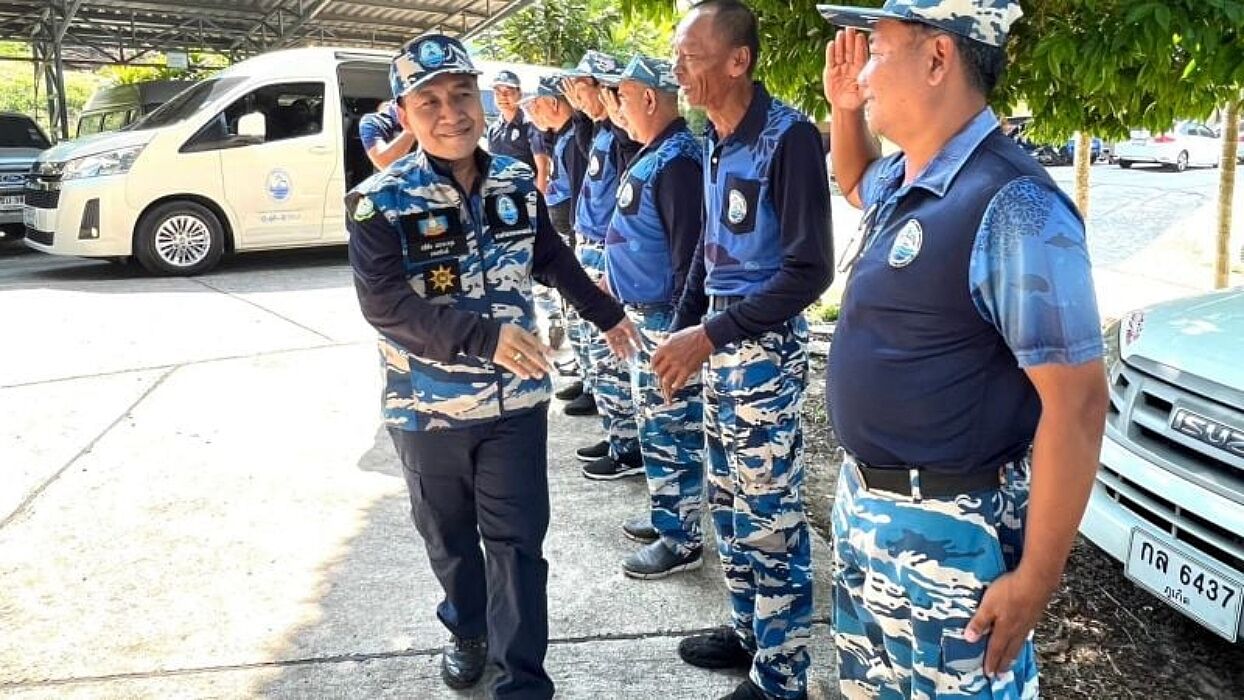Coral Rehabilitation for Divers Volunteers protects reefs

A new Coral Rehabilitation for a Divers Volunteers training program in Phuket has attracted several foreign divers interested in the restoration project. The course aims to provide participants with knowledge of how to operate procedures in coral rehabilitation following academic principles.
The program, created by the Royal Thai Navy (RTN) and the Department of Marine and Coastal Resources (DMCR) has already attracted 17 divers with relevant experience including foreign residents living in Phuket.
The training program began yesterday with a theory class in coral restoration and is scheduled to move to the practical part today at Maithon Island off the eastern coast of Phuket. DMCR Deputy Director General Apichai Ekwanakul and other relevant officials attended the launch.
According to the DMCR, it is Phuket’s responsibility to conserve, restore, and maintain marine and coastal resources for them to be sustainable, prosperous, and valuable resources of Thailand. Marine life must be protected from pollution, human damage, and even illegal fishing for sport and food.
Coral reefs worldwide are threatened due to climate change, overfishing, pollution, and coastal development. In Thailand, coral reefs have suffered significant damage, particularly in the Andaman Sea, where the popular tourist destination of Phuket is located.
Coral coverage in Thailand has dropped by half over the past two decades. In 2018, Marine ecologist asst. Prof. Thon Thamrongnawasawat reported the percentage of damaged coral has increased from 30% to 77% in a decade. Now, more than 80% of the coral in Thailand’s Andaman Sea is severely damaged.
The importance of coral reefs is often overlooked. They protect shorelines from storms and erosion, support fisheries and tourism, and contain compounds that could be used to develop new medicines. The Coral Rehabilitation for Divers Volunteers training program hopes to help in Phuket as coral around the world is threatened.
The Coral Triangle, a marine region in Southeast Asia, is known as the “Amazon of the Sea” because of its high levels of biodiversity. The Coral Triangle includes Indonesia, Malaysia, the Philippines, Papua New Guinea, the Solomon Islands, and Timor-Leste.
It is home to 76% of the world’s coral species, and its reefs provide food and livelihoods for millions of people. But according to the Coral Triangle Centre, more than 95% of the reefs in the Coral Triangle are threatened, and 20% of the reefs are destroyed beyond recovery.
Latest Thailand News
Follow The Thaiger on Google News:


























